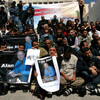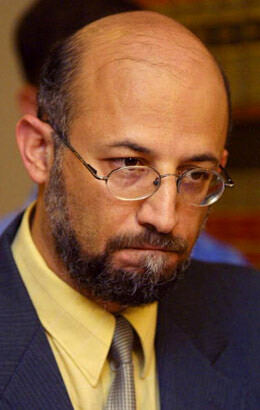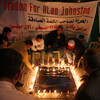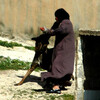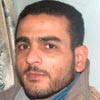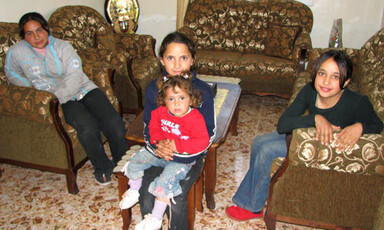
The stories not tragic enough to notice
West Bank, Palestine 6 April 2007
Today I visited my friend Dawud in Kufr ‘Ain for the first time since he lost his six-month-old baby at Atara Checkpoint. It was heartbreaking to hear the details of the story from a man who just one month ago was asking me when I would come visit his family for pleasure, not just to take a report. He said there was more to Palestine than the sob stories. But today was all about grief. We watched a video of the funeral in silence, and saw Dawud’s mother break down and say she couldn’t take it anymore. Read more about The stories not tragic enough to notice

